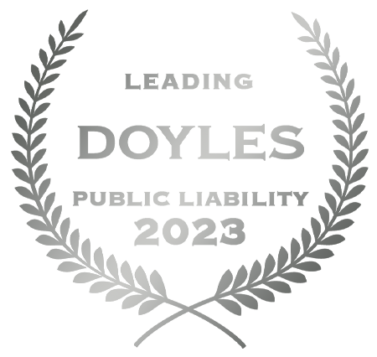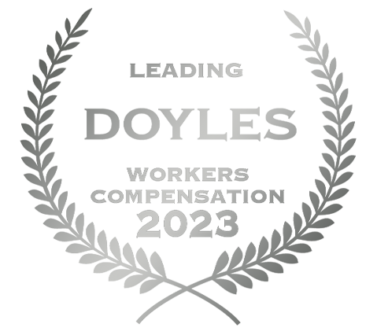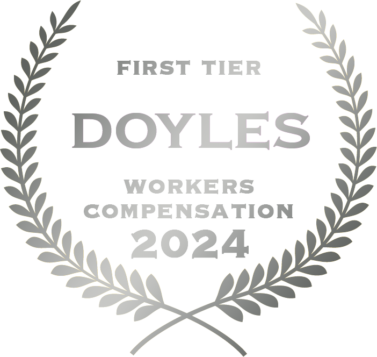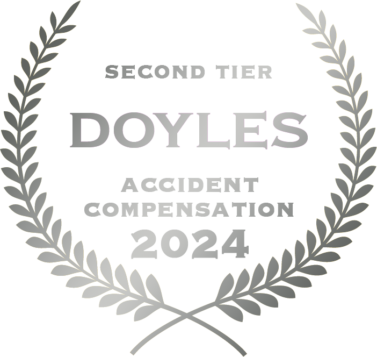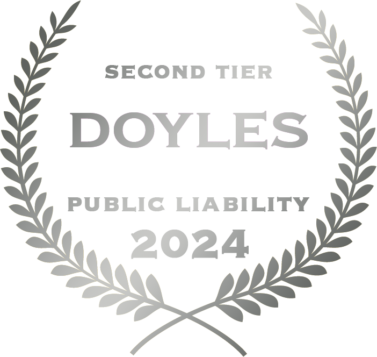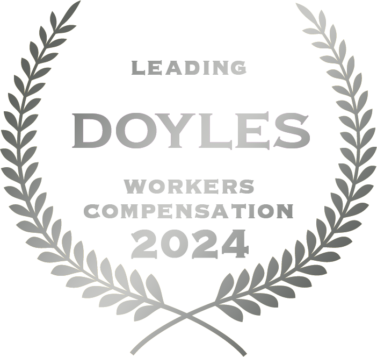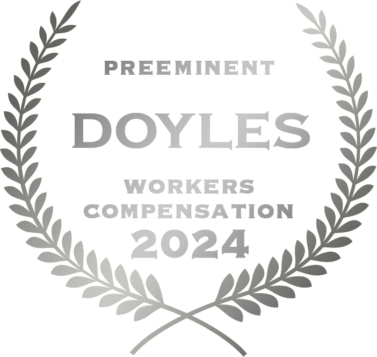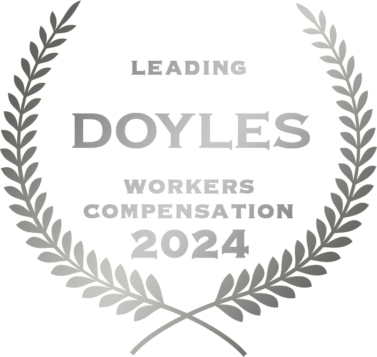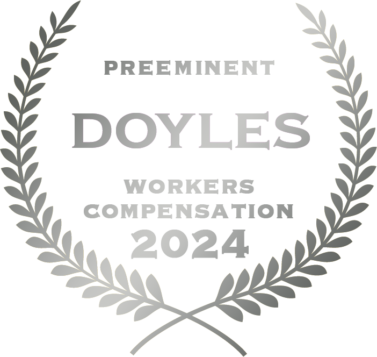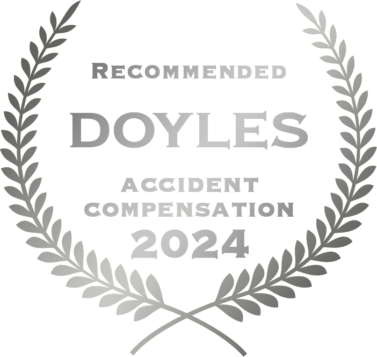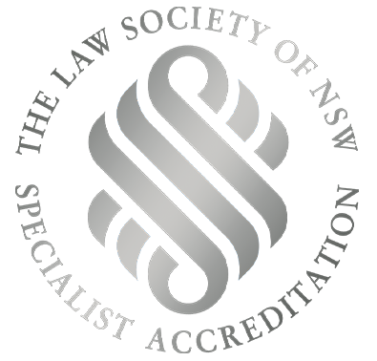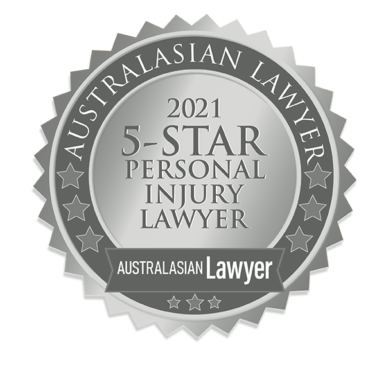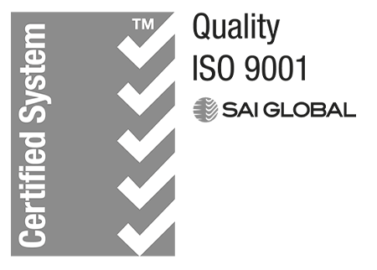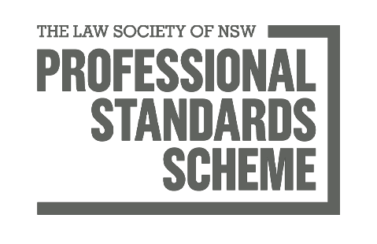
Stress Leave NSW – Your Guide.
When you’re stressed, it can be tough to continue doing your job, and it can greatly impact your overall health and well-being. And the situation can be even worse if your workplace is the cause of your stress, whether it’s being overworked, bullied, harassed, or a combination of factors. So, what are your options for taking a stress leave break from work?
In this article, we explain everything you need to know about stress leave entitlements in NSW, including whether you can take workers compensation stress leave.

How do you get paid stress leave in NSW?
Depending on your situation, there are a number of options for taking paid time off work if you’re suffering from stress. Here are the four most common situations we come across when people come to us for help:
If you’re suffering a stress-related illness that’s not caused by your job, you can generally take sick leave in Australia. This is covered in the next two sections of this article.
Paid time off work via the workers compensation scheme may be available if you’re diagnosed with a stress-related illness caused by your job. This is covered in detail in this article.
If you’ve already been diagnosed, the next step is to determine whether your stress-related illness qualifies for a workers compensation claim so that you can take paid time off. This is covered in this section of the article.
If you can’t return to work because of a stress-related illness, you may be entitled to a lump sum payment through your superannuation. For more information, refer to our guide to making a TPD claim for mental illness.
Can you claim stress leave from your employer?
According to Fair Work Australia: “An employee can take paid sick leave when they can’t work because of a personal illness or injury. This can include stress and pregnancy-related illnesses.”
In other words, if you have a stress-related illness, your employer should allow you to take paid sick leave. However, while this might provide some short-term respite, it’s not a solution for longer-term stress-related conditions that require treatment and may require longer breaks from work.
How long can you go on stress leave in NSW?
Stress leave NSW entitlements are to some extent determined by your employment contract. If you’re taking sick leave due to a stress-related illness, the length of time you can take will depend on your annual sick leave allowance and any further leave allowances that your employer offers. Many NSW workers get two weeks sick leave allowance every year, but it varies from one employment contract to another.
However, if you’re an employee or contractor dealing with a stress-related illness, you might be entitled to a significant amount of paid time off without using up your sick leave, as well as a range of other benefits to help you with your treatment and recovery. The NSW workers compensation scheme provides benefits to support you if you have a diagnosed psychological illness that was caused by work-related stress.
Read on to learn how to get help with getting paid stress leave approved, and whether you might qualify for workers compensation.
Can you claim workers compensation for stress?
To make a workers compensation (Workcover) claim for stress, you need to have been diagnosed with a qualifying stress-related condition, which is referred to as a psychological injury. So it’s important that your GP correctly diagnoses your psychological condition on your certificate of capacity – for example, ‘Adjustment Disorder’. Your claim will be declined if the doctor refers to your injury as “stress”.
You’ll need to show that you have a diagnosed psychological condition that has been caused by a particular event or series of events at work, or that work was a significant contributing factor to your condition.
The most common workers compensation claims for stress are for:
| Stress-related condition | Description |
| Post-Traumatic Stress Disorder (PTSD) | Often caused by exposure to traumatic events or work accidents, more common among emergency service workers. |
| Depression | A diagnosis of depression caused by work can result in a workers compensation claim. |
| Anxiety | A diagnosed condition like Generalised Anxiety Disorder may qualify for workers compensation. |
| Adjustment Disorder | An excessive reaction to a stressful change or event that’s much more intense than would typically be expected. |
Examples of work situations that can cause these conditions:
| Cause | Description |
| Work stress | Prolonged exposure to stress can lead to a stress-related psychological illness. |
| A traumatic event | This can be a single event or a number of events over time. |
| Bullying and harassment | Bullying and harassment in the workplace are common causes of stress-related disorders. |
| Working dangerous hours | Long shifts without sufficient breaks can lead to the development of stress-related conditions. |
| Intimidation | Being repeatedly intimidated by a supervisor or work colleague is a common cause of stress-related conditions. |
| A physical injury | Physical injuries at work can lead to conditions like PTSD. |
Call 13 15 15 or chat to us now for free advice
Chat nowFind out how much you can claim.
Get startedHow do you claim workers compensation on stress leave?
You can’t claim workers compensation for stress in NSW, but you can claim if you need time off work and treatment for a diagnosed stress-related condition caused by your work. In other words, you’ll need a medical diagnosis before you can claim, so getting treatment for your condition should be your priority.
- Workers compensation claims in NSW should be made within six months of becoming aware of your psychological injury (although extensions to this time limit are available in some cases)
- You’ll need to show that work was a significant contributing factor to your condition – this is where you’ll need a specialist workers compensation lawyer to build the evidence for your claim.
In our experience with workers compensation claims, we find that insurers often deny psychological injury claims on the basis that the psychological injury occurred as a result of reasonable actions by management. However, a specialist workers compensation lawyer can look into the circumstances of your injury more deeply, often finding that management’s actions were in fact unreasonable, and liability is then accepted by the insurer.
How do you prove work-related stress?
According to Beyond Blue, potential stress triggers include family or relationship breakdowns, financial problems, health concerns, caring for a new-born baby and traumatic events.* So with so many potential causes, how do you prove you have work-related stress?
To make a workers compensation claim you need to prove:
- The psychological injury occurred during the course of your employment, or
- Your work was a significant contributing factor
This can be hard to prove, but a specialist workers compensation lawyer can build the evidence to support your claim. Building the evidence may include:
- Meeting with you and your family to gain a detailed understanding of your situation
- Interviews with your work colleagues and management
- Medical and psychological assessments
- Compiling witness statements
Stress claims – unreasonable management: John worked in a supermarket, and after enduring bullying and harassment he lodged a workers compensation claim. The insurer denied his claim, on the basis that the employer’s actions were reasonable. John asked Law Partners if we could help, and we obtained statements from his former co-workers that showed how John was treated compared to other employees. As a result, we proved the employer’s actions weren’t reasonable, successfully overturned the insurer’s decision, and claimed all the compensation John was entitled to.
*https://www.beyondblue.org.au/get-support/staying-well/reducing-stress
How long can you claim Workcover for stress-related injuries in NSW?
Generally, your weekly workers compensation payments in NSW will continue until:
- You’re able to return to work
- You reach a work injury damages settlement
- You’ve been receiving payments for five years (unless your permanent impairment is greater than 20% and you’ve been assessed as being unable to work indefinitely)
- You reach the maximum total weekly compensation limit
- You reach retirement age plus one year
Are lump sum payments available for stress-related conditions?
There are a few ways you can claim lump sums for stress-related illnesses in NSW:
Depending on the severity of your illness, you might be able to claim a lump sum for permanent impairment.
If your illness was caused by your employer’s negligence, you might be able to sue for a Work Injury Damages lump sum. This is explained in more detail in the next section of this article.
If you can’t return to your job, you might also be entitled to a TPD (total and permanent disability) lump sum payment through your superannuation fund.
If you think you might have a psychological injury caused by stress, or if you’d like to know if you’re entitled to any of these lump sums, you can call 1300 475 851 and get free legal advice. Or for more information, refer to our article on making a successful psychological injury claim.
Can I sue for work-related stress?
You can’t sue for stress, however, if you have a diagnosed psychological injury that was the result of negligence by your employer, you might be entitled to sue your employer for a Work Injury Damages lump sum. To be eligible for this lump sum, you’ll need to:
- Make a successful claim for workers compensation
- Have at least 15% permanent impairment, and have this assessment accepted by the insurer or determined by the Workers Compensation Commission
- Have received all statutory lump sum payouts for permanent impairment that you’re entitled to – this must take place before a work injury damages claim can be settled
Although this may seem like a daunting process, a specialist workers compensation lawyer who understands psychological claims can take care of the whole process for you. And if you choose Law Partners, we’ll work for you on a no win, no fee basis, so there’s no up-front cost to pursue your claim.
Can you be sacked when you’re on workers compensation or stress leave?
The NSW Workers Compensation Act 1987, Part 8, essentially prevents employers from terminating an employee who has sustained a work injury of any kind, purely because they’re unfit to resume work within the first six months. During this ‘protected period’, if an employer terminates an injured worker’s employment because they’re not fit for employment because of the injury, then the employer may be liable to pay a fine of up to $11,000.
Need to know what compensation you can claim?
If you’re suffering from stress-related condition caused by your job, Law Partners can help you find out if you’re eligible for compensation, paid time off work, and payments to cover your treatment costs. We’ll also advise you on whether you can claim lump sum compensation. There’s no cost to speak to one of our no win no fee lawyers and find out about your options.

Chantille Khoury
Principal
Chantille is a multi-award-winning, preeminent workers compensation specialist with over 20 years’ experience. Having ranked top 6 nationwide in the highest category of the Doyle’s Guide, Chantille is now providing feedback on policy changes for the Personal Injury Commission and government bodies.
Related articles.
Do I have a case?
Our senior lawyers will assess your case for free.




